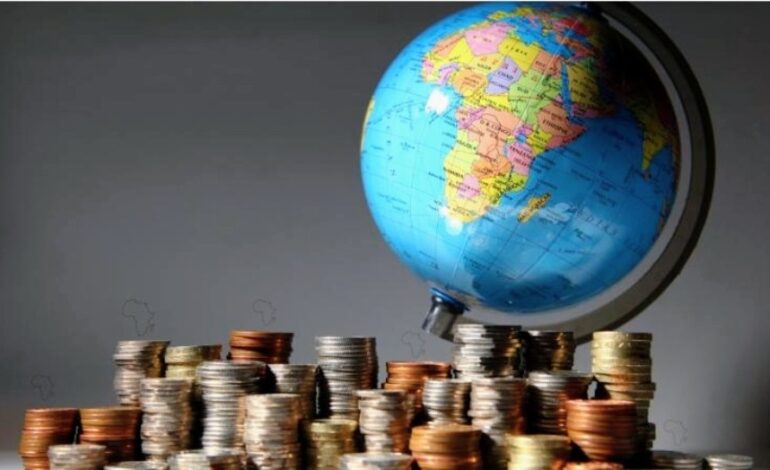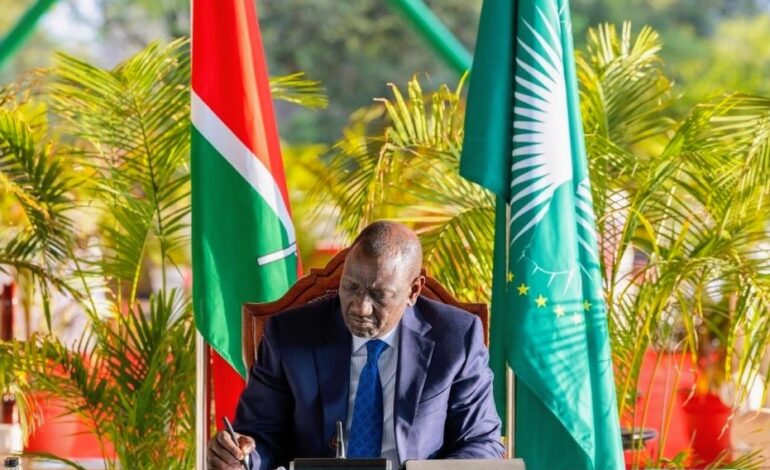
Wayne Lumbasi
Africa is facing a serious debt challenge that could slow its economic growth and undermine the continent’s development. Across African nations, public debt has grown to approximately $1.8 trillion, which is about two thirds of the continent’s total economic output. This growing debt is putting pressure on national budgets and limiting investment in schools, hospitals, roads, and other critical infrastructure.
Many African countries are spending more money paying interest and repaying loans than they are on essential services. Debt service costs now account for a significant portion of government revenues, leaving less money for education, health, and job creation. This means that while countries owe money to creditors, citizens may see fewer opportunities for a better life.

The nature of Africa’s debt is also changing. Countries are borrowing more from private lenders and non-traditional sources. These loans are often expensive and less transparent, which increases financial risks for governments.
Rising global interest rates, volatile commodity prices, and currency fluctuations make it even harder for nations to manage their debt while funding development projects.
Despite the challenges, there is room for hope. African leaders are taking steps to address the crisis. They are promoting stronger debt management systems, increasing transparency in borrowing, and seeking ways to ensure that loans are used for projects that drive long-term growth, such as infrastructure, education, and clean energy. There are also plans to create African institutions that can help manage debt more effectively and reduce reliance on foreign credit ratings.

The impact of rising debt is not just a number on a balance sheet. It affects families, communities, and the next generation. Every dollar spent on debt repayment is a dollar not spent on hospitals, schools, roads, and opportunities for young people.
However, with careful management and strategic investment, debt can be used to build the future rather than block it.
Africa’s rising debt is a challenge, but it is also a choice. Governments can decide to manage debt responsibly, invest in growth, and create opportunities for their citizens. How they handle it today will shape the continent’s development for years to come.
AFRICA’S DEBT CRISES
THE HEAVY BURDEN: HOW HUGE FOREIGN DEBTS ARE SHAPING AFRICA AND THE CARIBBEAN
IMF WARNS OF RISING DEBT RISKS IN SUB SAHARAN AFRICA
7 AFRICAN COUNTRIES GRAPPLING WITH THE HIGHEST GOVERNMENT DEBT








